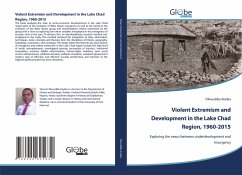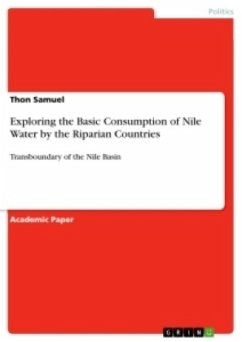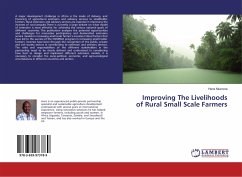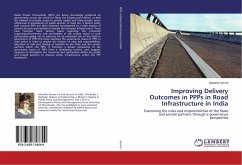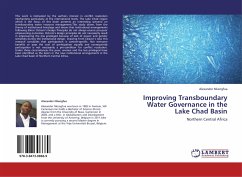
Improving Transboundary Water Governance in the Lake Chad Basin
Northern Central Africa
Versandkostenfrei!
Versandfertig in 6-10 Tagen
32,99 €
inkl. MwSt.

PAYBACK Punkte
16 °P sammeln!
This work is motivated by the authors interest in conflict resolution mechanisms particularly at the international levels. The Lake Chad region which is the focus of this book presents an interesting scenario on transboundary water resource management.This study draws from the theory of institutional bricolage and shows that institutional arrangements following Elinor Ostrom s Design Principles do not always ensure pro-poor empowering outcomes. Ostrom s design principles do not necessarily result in empowering the less privileged because of lack of power and gender sensitivity during the insti...
This work is motivated by the authors interest in conflict resolution mechanisms particularly at the international levels. The Lake Chad region which is the focus of this book presents an interesting scenario on transboundary water resource management.This study draws from the theory of institutional bricolage and shows that institutional arrangements following Elinor Ostrom s Design Principles do not always ensure pro-poor empowering outcomes. Ostrom s design principles do not necessarily result in empowering the less privileged because of lack of power and gender sensitivity during the institutional design. Drawing from Cleaver s view this research concludes that participation is context-specific. Not everyone benefits or pays the cost of participation equally and consequently participation is not necessarily a pre-condition for conflict resolution. Under these circumstances the poor, women and the less privileged have been identified as the losers in the new institutional arrangements in the Lake Chad basin of Northern Central Africa.





